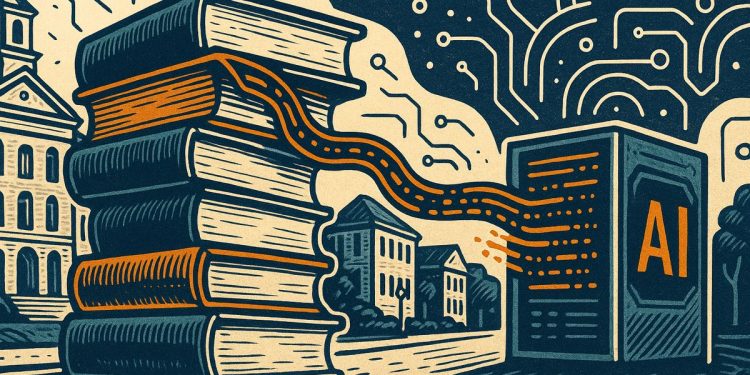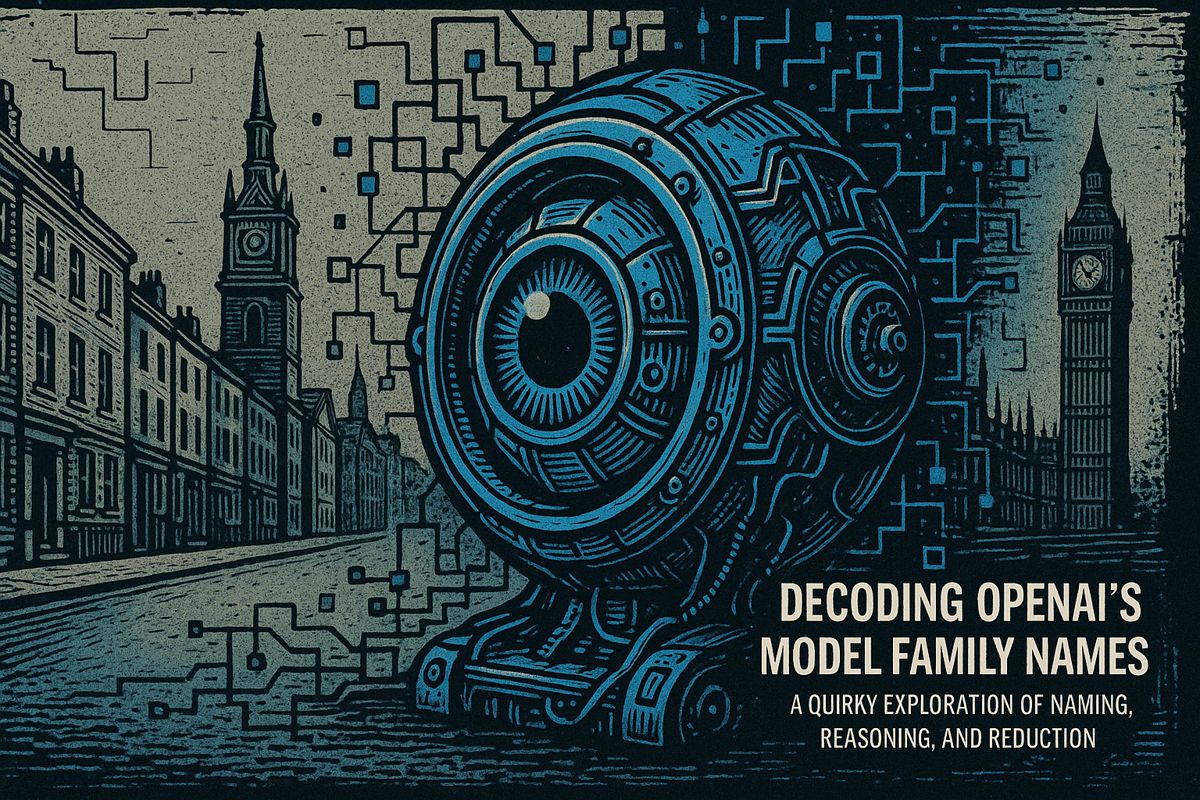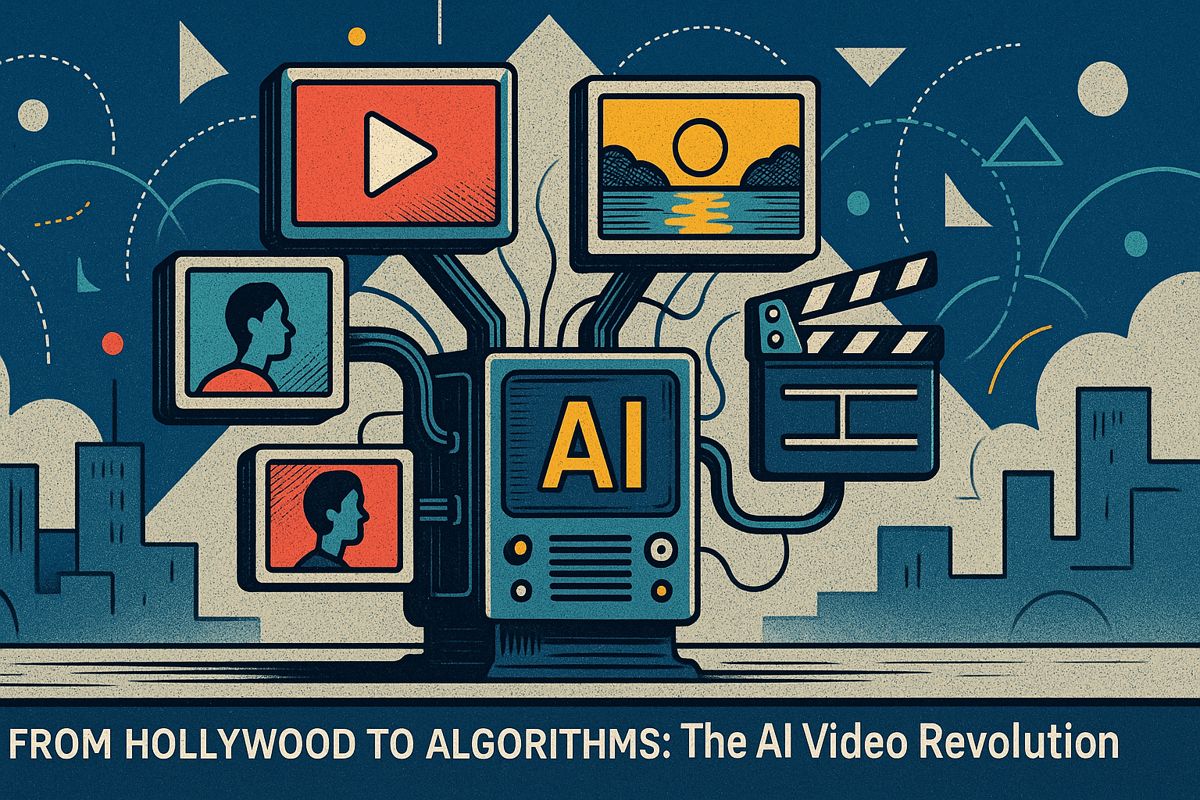Johns Hopkins University Press has made a big move by letting AI companies use all its books to train artificial intelligence models. Authors can choose to opt out by August 31, 2025, but if they stay in, they get $100 for each book per license. This decision is shaking up the academic world, as other big publishers are watching and considering similar deals. Some authors are upset because they worry about low pay and future effects on their book sales. This deal could change how books are used and paid for as AI keeps growing.
What is Johns Hopkins University Press’s new AI licensing deal, and how does it affect authors?
Johns Hopkins University Press has licensed its entire book catalog to AI companies for training large language models. Authors can opt out by August 31, 2025; otherwise, they receive a flat $100 per title per license. This move may influence royalties, book reach, and industry practices.
Johns Hopkins University Press has quietly opened a new chapter in academic publishing: its entire book catalog will now be licensed to artificial-intelligence companies to train large language models. The agreement, finalized on 25 July 2025, is one of the first institution-wide deals between a university press and AI developers, and it is already reshaping how scholars, publishers, and technologists think about copyrighted texts in the age of generative AI.
-
What the deal looks like*
-
Scope : Every title published by JHUP – about 150 new books each year plus a deep backlist of scholarly monographs, medical handbooks, and regional histories – can be ingested by unnamed AI labs to improve model quality and reduce bias.
- Payment : Authors who do not* * opt out will receive a flat USD 100 per title per license**. The press concedes this is “modest,” but argues that pooled revenue will become “meaningful” for its non-profit mission amid shrinking federal research funds.
-
Deadline : Authors have until 31 August 2025 to sign an opt-out addendum; silence equals consent.
-
Why Johns Hopkins moved first*
The press is not in crisis – its budget is balanced – but administrators see AI licensing as insurance against a looming downturn in higher-education subsidies and monograph sales. By setting contractual terms now, JHUP hopes to avoid the unauthorized web scraping that has already hit other publishers’ archives.
- Industry ripple effects*
Cambridge University Press and Oxford University Press are watching closely. Cambridge has already launched an opt-in* * program for 17,000 authors, while Taylor & Francis secured a USD 10 million** Microsoft deal last year. A tracker maintained by Ithaka S+R lists Wiley, Sage, De Gruyter Brill, and MIT Press as either negotiating or signing similar agreements in 2025.
| Publisher | Model | Author Choice | Reported Payment per Title |
|---|---|---|---|
| Johns Hopkins UP | Opt-out | Sign addendum by Aug 31 | ~USD 100 |
| Cambridge UP | Opt-in | Voluntary enrolment | Royalty share |
| Taylor & Francis | Opt-out cluster | Selected imprints | Not disclosed |
| Oxford UP | Pilot phase | Consultation underway | TBA |
- Author backlash*
Inside Higher Ed and the Absolute Write forums reveal sharp division. Professor Sharon Ann Murphy called the USD 100 figure “inadequate,” especially when future AI outputs could compete with her monograph sales. The opt-out form itself warns that refusing participation “may affect the reach and royalties” of a book – language that critics label coercive.
- Legal cross-currents*
The deal lands in a courtroom landscape that is shifting week by week:
- July 2025 rulings in Bartz v. Anthropic and Kadrey v. Meta (N.D. Cal.) found that LLM training can be “spectacularly transformative,” bolstering fair-use defenses.
-
The U.S. Copyright Office weighed in with a May 2025 report warning that unauthorized scraping may still constitute infringement.
-
What happens next*
Publishers are bracing for a cascade of copycat contracts. If JHUP’s gamble generates steady cash without sparking lawsuits, expect every major university press to follow suit – turning scholarly monographs into a new class of training fuel and forcing authors to weigh USD 100 today against unknowable market shifts tomorrow.
What exactly is Johns Hopkins University Press licensing to AI developers?
Johns Hopkins University Press is granting AI companies the right to use its entire book collection as training data for proprietary large language models. The deal covers every title currently in the press’s catalog, making it one of the first institution-wide agreements between an academic publisher and AI developers.
How much will authors earn, and is it mandatory?
Authors will receive a flat payment of $100 per title per license. Participation is not automatic – writers have until August 31, 2025 to sign an addendum and opt out. If no action is taken, their books will be included in the training corpus.
Why did the press decide to license its books now?
The move is driven by financial necessity. After federal budget cuts and rising costs in higher-ed publishing, the press needed new revenue streams. While individual payouts are modest, the cumulative licensing fees are expected to become a “meaningful” revenue source for the nonprofit publisher.
What legal protections does this agreement provide?
By formalizing access through contracts, the press creates legal guardrails that reduce the risk of unauthorized scraping. This is particularly important as several major publishers are currently suing AI companies for using copyrighted materials without permission.
Are other university presses following this model?
Yes. Cambridge University Press and Oxford University Press are exploring similar deals, with Cambridge offering authors an opt-in system and royalty shares. The trend reflects a broader industry shift toward monetizing academic content for AI training rather than relying solely on legal action.
Key numbers to remember:
- 150 books published annually by JHUP
- $100 flat fee per title per license for authors
- August 31, 2025 deadline for authors to opt out



















